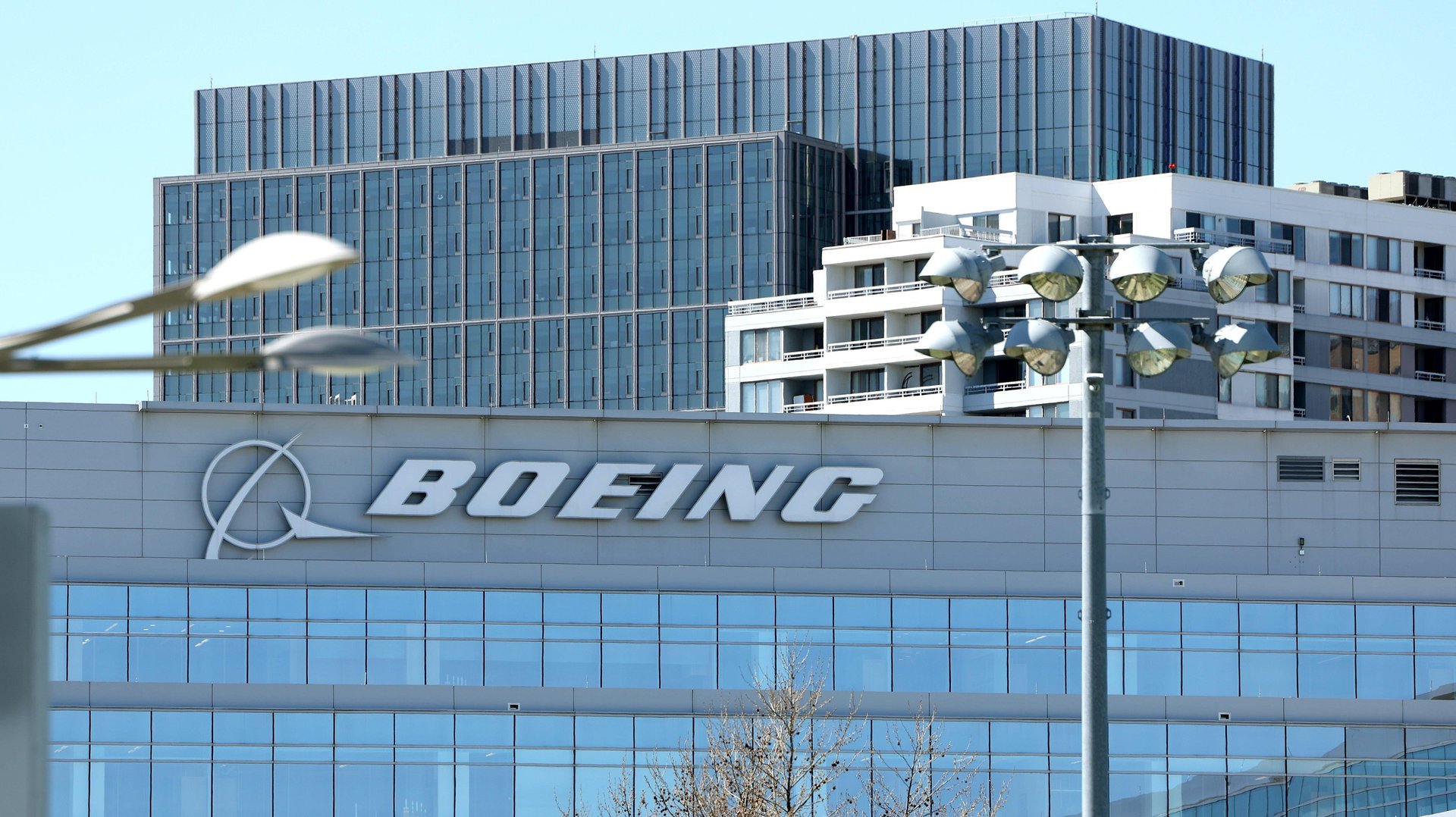Boeing whistleblowers say Boeing retaliates against whistleblowers
Employees are afraid to speak up about what they see as safety lapses at the company, whistleblowers say

In addition to his claims that the fuselages on the Boeing 787 and 777 models might “break apart” in the sky due to weak safety controls during the production process, longtime company engineer Sam Salehpour says the manufacturer dismissed his fears and and even tried to intimidate him into silence.
Suggested Reading
“He raised his hand again and again,” his attorney, Debra Katz, told NPR earlier this week. “He was threatened with physical violence. He was threatened with termination. He was transferred off the 787. He has been punished repeatedly.”
Related Content
Companies that build airplanes are supposed to do a good job putting them together. And if employees see something going wrong with that process, they should be encouraged to speak up and know that their concerns will be taken seriously and remedied. Boeing told the outlet that “retaliation is strictly prohibited” at the planemaker.
Another whistleblower, John Barnett, was found dead of a self-inflicted gunshot wound before he was set to testify in a deposition against Boeing’s manufacturing processes, though people close to him claim it couldn’t have been a suicide. Boeing’s lawyers said they were looking into the matter when it first happened. As of two weeks ago, CBS was reporting that his death was still under investigation.
Boeing has come under a lot of scrutiny this year after a door plug blew out mid-flight on an Alaska Airlines-operated 737 Max 9. The Justice Department is investigating. Passengers are suing. Attempts to reset safety standards have caused a major slowdown in production that is leaving customers cranky. It has already begun delivering far fewer planes a month after rebuilding its production capacity following the COVID-19 pandemic and its last 737 Max crisis.
Boeing stock was down slightly Friday morning. It has dropped more than 31% so far this year and at one point was the worst-performing stock in the S&P 500.
